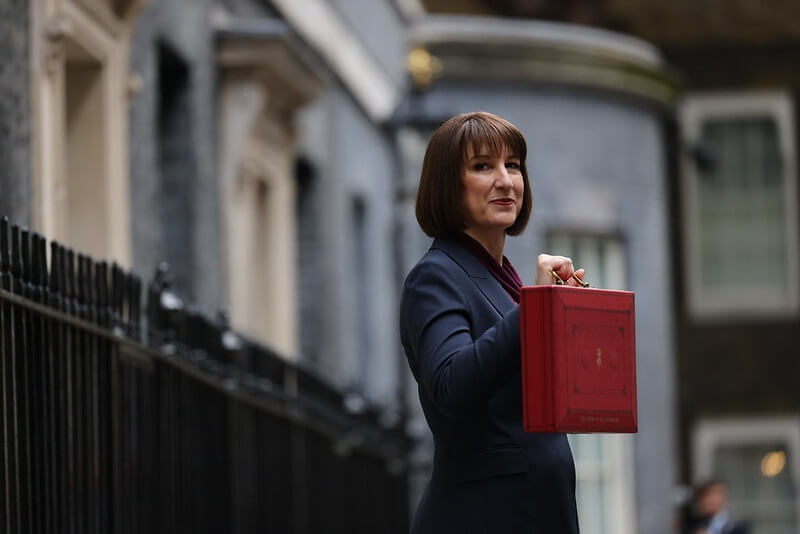Landlords will be hit with higher stamp duty charges when they purchase property after the Chancellor Rachel Reeves hiked the second home surcharge to 5% today.

In the first Budget for the new Labour government, the Chancellor said the 2% increase to the stamp duty would come into effect from tomorrow.
Buyers in the process of purchasing a second home will therefore immediately be hit by the tax.
The tax applies to anyone who is buying a property which is not their main residence. So those purchasing a holiday home or a second property for a family member, for example, would also be liable for the surcharge.
However, the largest group to be affected by the change are landlords and property investors.
Rachel Reeves said in her speech the increase would support more transactions for those buying their first home and movers.
But mortgage brokers are concerned it could have a detrimental impact on the buy-to-let market and also property chains in which there is a second home purchase.
Ben Perks, managing director at Orchard Financial Advisers, speaking via the Newspage agency, said: “The Chancellor may have just killed off the buy-to-let market with immediate effect. A 2% rise in Stamp Duty by tomorrow will cause shockwaves throughout the property industry.
“Anyone completing on a buy-to-let purchase tomorrow has to find a few thousand pounds to continue, and this just won’t be possible for many landlords. It’s a wider issue than first thought, though. Any chain with a buy-to-let purchase within it is now in a highly precarious position.”
Other mortgage experts have raised concerns about not only the immediate impact of this tax hike, but also the longer-term effects on property investors at the market.
Harps Garcha, Director at Brooklyns Financial was also speaking to Newspage. She said: “Tomorrow will feel like Halloween for some landlords facing last-minute challenges. Imagine needing to find an additional £10,000 on a £500,000 purchase—it’s a huge ask. Some landlords have already exchanged and they are now asked to find the additional funds with no notice. What if they can’t at the eleventh hour?
“This shift will undoubtedly discourage landlords from investing in more buy-to-let properties, which could lead to a reduced supply of rental properties, especially with an unprecedented number of landlords already selling.”
Stamp duty relief to end in April 2025
One of the benefits of increasing tax for second properties is that it could increase availability of homes for first-time buyers.
But those making their first move on the property ladder will also face stamp duty hikes in April 2025.
Currently, first-time buyers are exempt from stamp duty on up to £425,000 of their property’s price. This threshold was increased from £300,000 to £425,000 in the mini-budget in 2022 as a temporary measure. But it is set to be reversed again in April 2025.
For those moving home, stamp duty applies from £250,000 – but under the same rules applied in the mini-budget, this will revert to £125,000 in April 2025.
Rachel Reeves made no mention of continuing this relief next year.
John Fraser-Tucker, head of mortgages at broker Mojo Mortgages, said: “The failure to extend the Stamp Duty relief beyond 31 March 2025 is incredibly disappointing for aspiring homeowners.
“With over a third (36%) of first-time buyers already seeking financial support from family, this additional cost could push homeownership even further out of reach for many.
“For an average-priced property (£328,036), first-time buyers will now face an extra £3,901 in upfront costs. This change could force many to delay their dreams of homeownership.”
There was also no mention of the Freedom to Buy scheme which was the mortgage support initiative Labour pledged to provide in its election manifesto.














